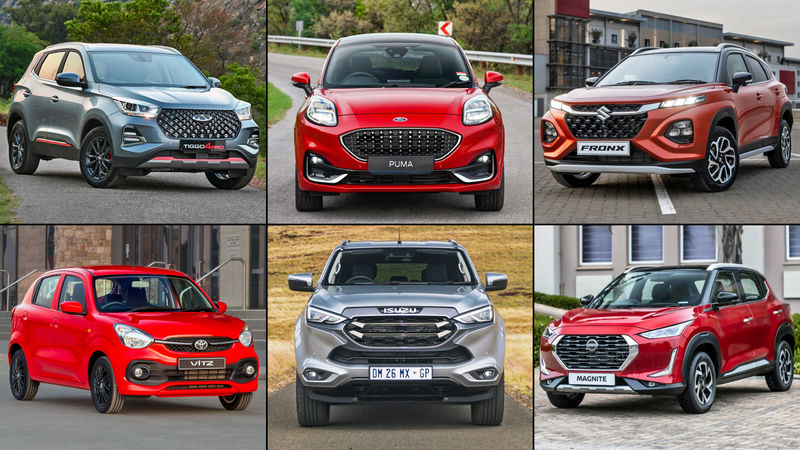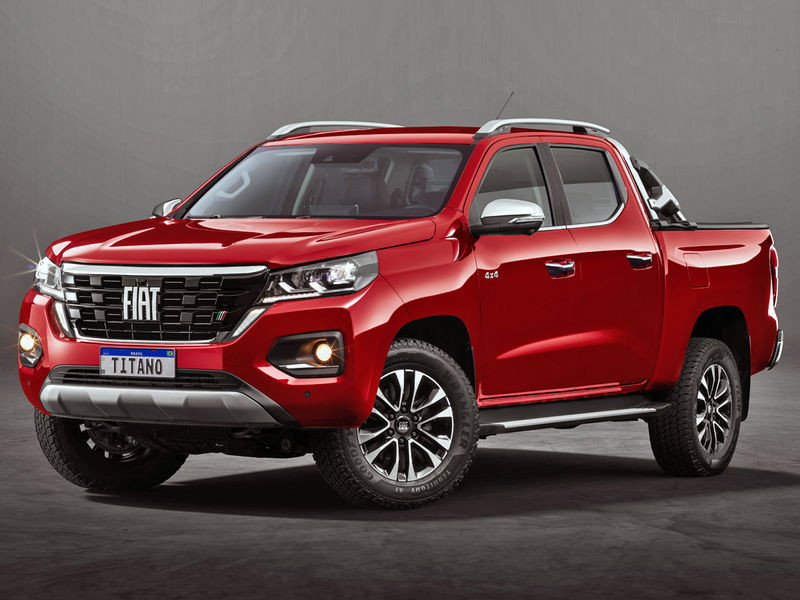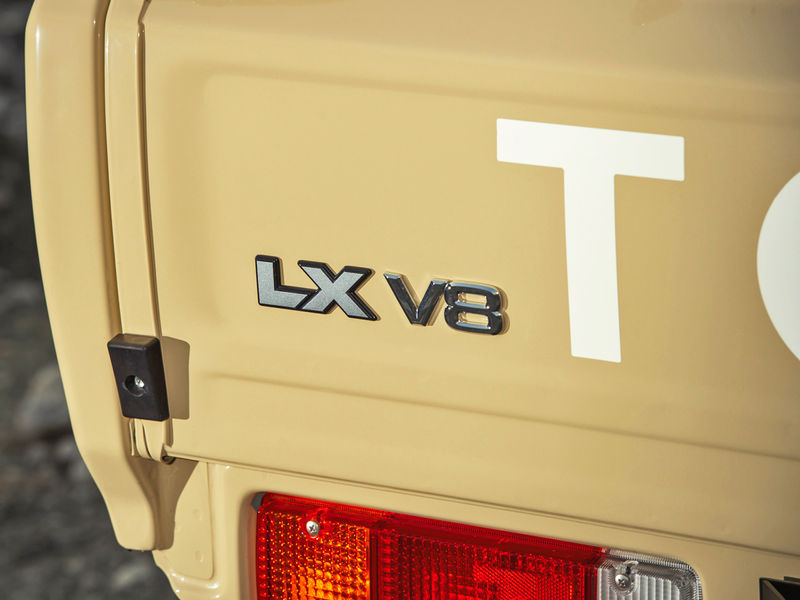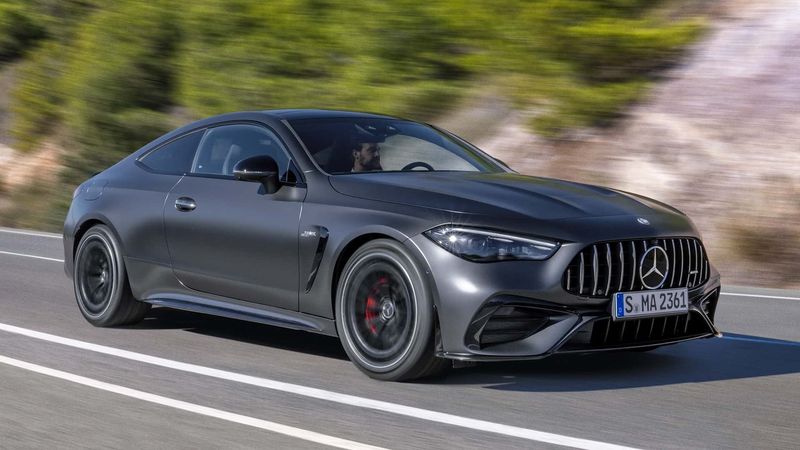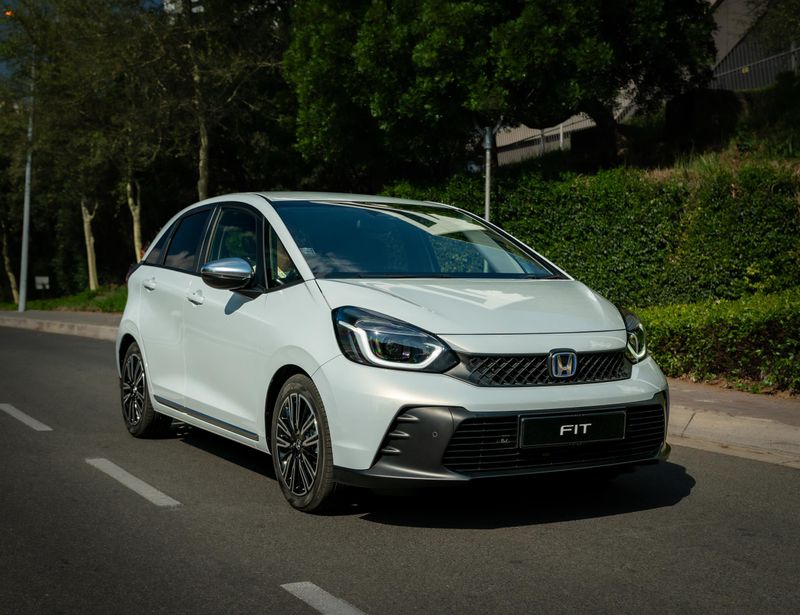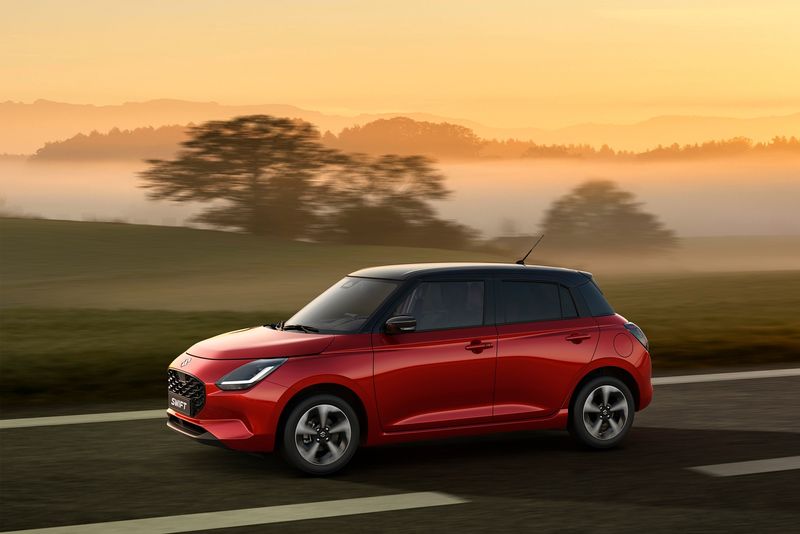VW is finally taking full control of Audi, after a 56-year investment journey.
The two brands first had contact way back in 1964, when VW took a 50% ownership position in Auto Union, which had just built a new factory in the German city of Ingolstadt.
History has been kind to the VW and Audi ownership structure. After being purged from Porsche, Ferdinand Piëch went to Audi and built it into a technologically advanced automotive company, one which has powered a strong current of the VW Group’s profits over the lastdecade.
Over time, VW has steadily increased its ownership of Audi in order to have access to its profits and reinvest those into the greater VW Group’s R&D. Complete ownership has alluded VW for quite some time, but this issue is now being resolved.
The VW Group has announced that it will pay a 48% premium for shares, buying out minority shareholders, to increase its current 99.64% stake to 100% of Audi.
"Volkswagen AG announced and specified that it has set the cash settlement to be paid to the minority shareholders in return for the transfer of their shares at 1 551.53 euros per Audi AG share.” The transaction will cost VW R4.6bn and consist of accumulating the last 152749 Audi shares that it does not own.
Why has the VW Group decided to take 100% now? Minority shareholders were definitely not being a source of disagreement to any management decisions, but there are advantages with 100% ownership.
The VW Group will now be able to make much swifter decisions, without being required to comply with the often tedious shareholder engagement and notificationrequirement under German law. This reduced administrative friction is perhaps the driving force behind VW AG taking full control of Audi.
How the AmaFord changes everything
Visit an Audi Factory Virtually
